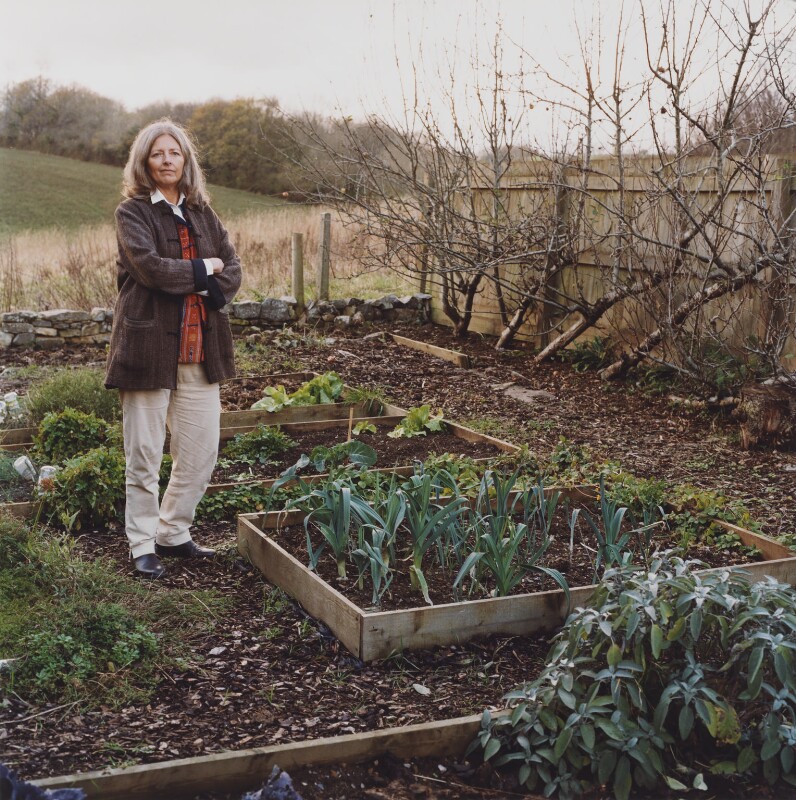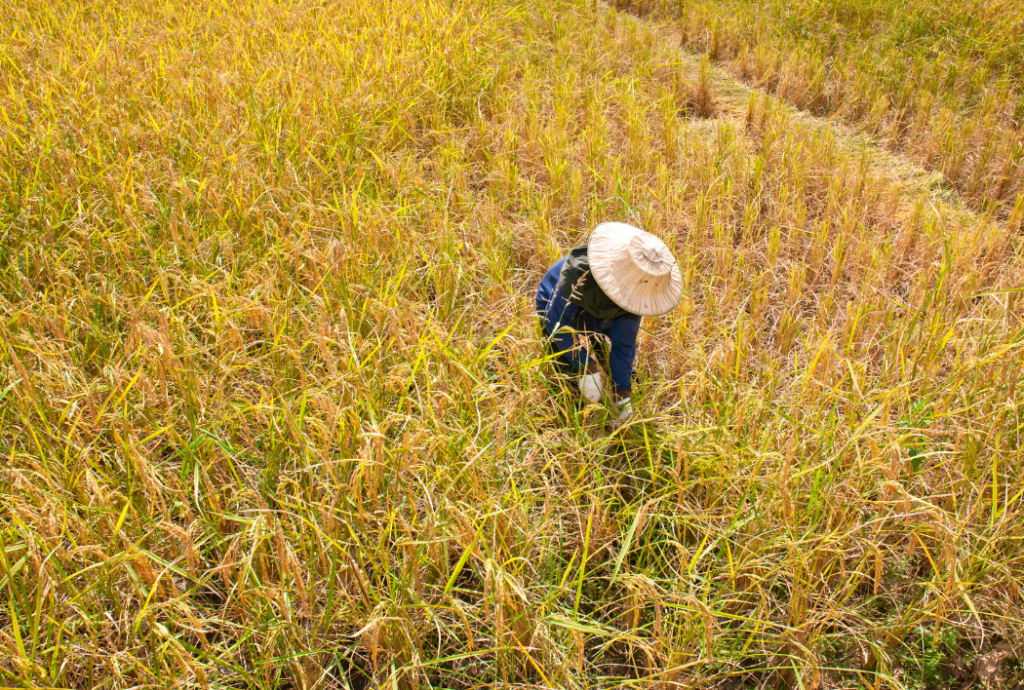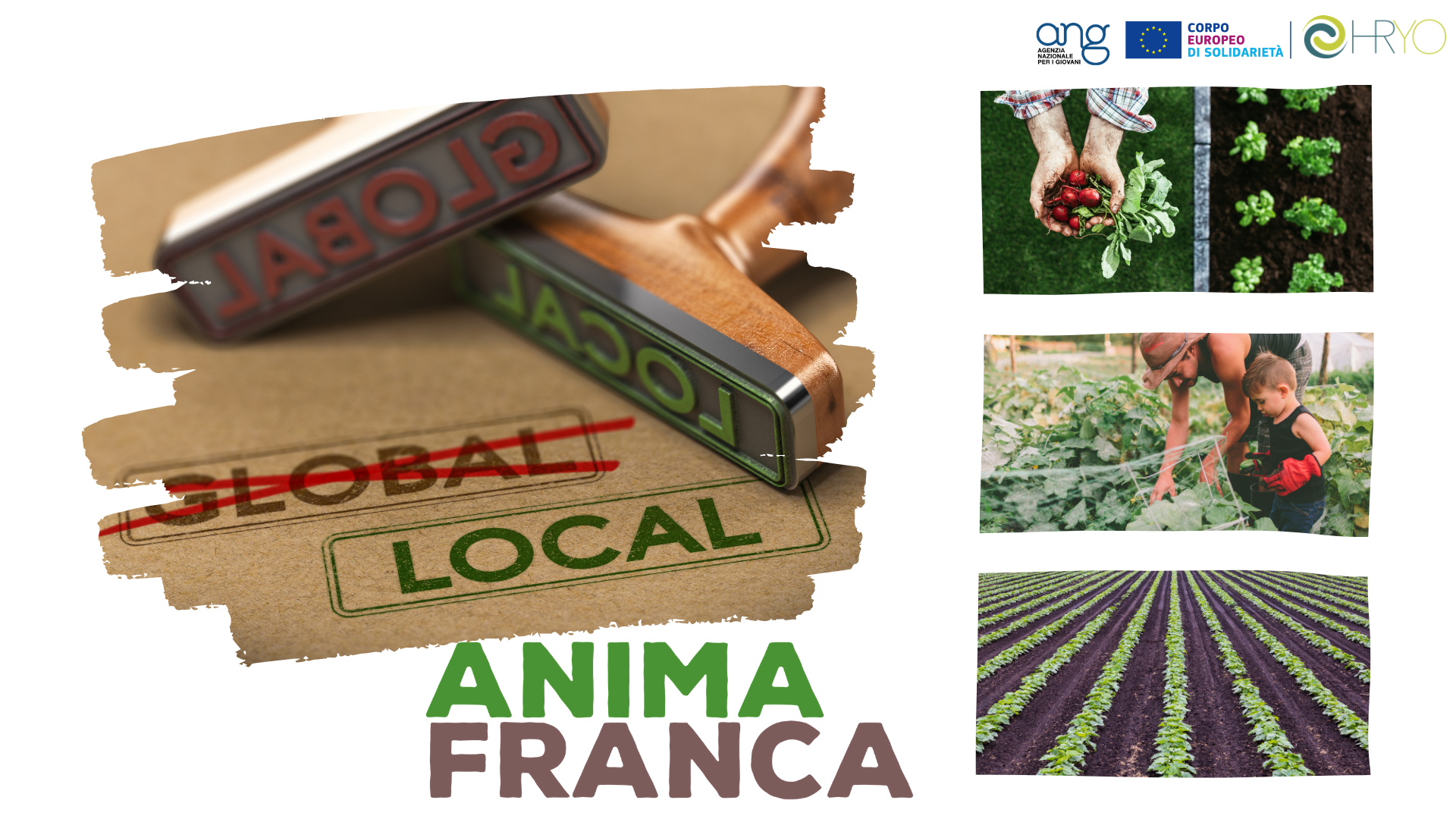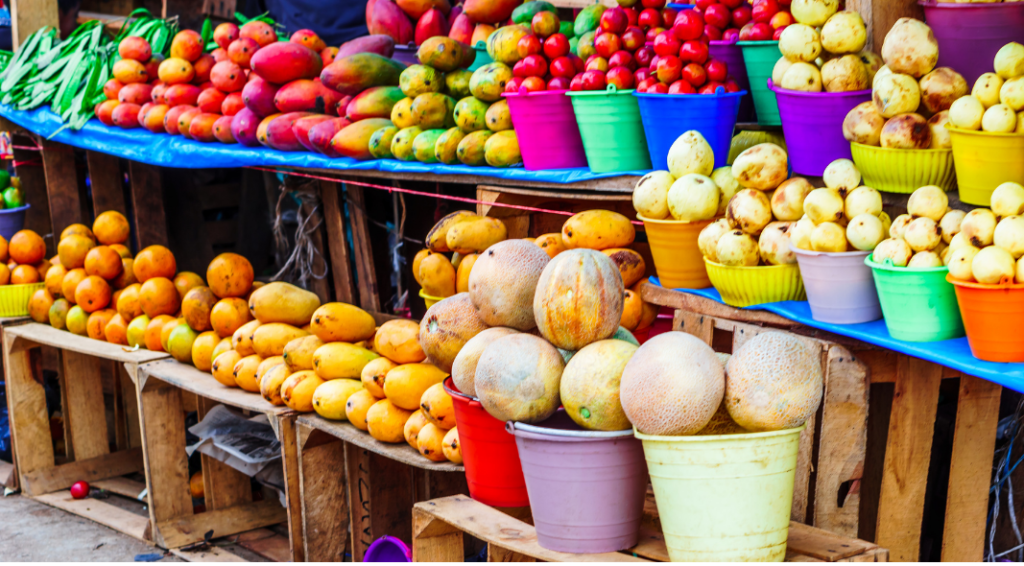In today’s world, everything – from global warming to global financial crisis – is telling us that we need fundamental changes in society. Based on the discourse of Helena Norberg-Hodge, a pioneer of the ‘new economy’ movement, producer and co-director of the award-winning documentary The Economics of Happiness, and the author of several books, including Ancient Futures: Learning from Ladakh, the most important and high priority issue is a fundamental change in the economy.
In her own words: “The change that we need to make is shifting away from globalising to localising. Localisation is a solution multiplier that offers a systemic, far-reaching alternative to corporate capitalism, as well as communism. It’s a way to dramatically reduce CO2 emissions, energy consumption of all kinds, and waste. At the same time, localising economic activity can restore biodiversity as well as cultural diversity. It’s a way of creating meaningful and secure jobs for the entire population and perhaps most important of all, because it’s about rebuilding the fabric of connection, the fabric of community between people and between people and their local environment.” She calls this “the economics of happiness”.

Back in the 80s, Helena went to work in Ladakh, a region in Tibet, as well as Bhutan. She then observed the same pattern in both places regarding how the ‘outside world’ market opening destroyed the local economies and the peace between people. She shared these experiences with economists, anthropologists and environmentalists: they all agreed that our history is very similar to these ones.
The system in which we live is now outdated.
A system based on importing, exporting and creating more and more distance between us. This distance between countries and societies creates an impossibility to develop an ethical structure. We cannot be ethical and kind and maintain the local markets and economies if we do not see the impact we are generating on the other side of the world.
She explains how the local food movement was created all around the world, from individuals to companies who shared these same thoughts of the need to cut back on production and transport. She exposes the 7 main points on which we should focus to change our economic system:
- Localisation is better than globalisation: this does not mean eliminating international trade but simply shortening the distances between production and consumption. Reversing subsidies, taxes and regulations from basic markets such as food, clothing or shelter, would increase the local economies. For examples, if I live in France, that would mean getting my oranges from Italy instead of Argentina.
- Reducing global markets: currently, countries are importing and exporting the same products just to get the cheapest price. For example, the United Kingdom exports 20 tons of bottled water to Australia, and then Australia exports its own 20 tons of water to the UK. Is this necessary?
- Reconnecting people and the land: This restores health, both physical and mental, as well as happiness. We need to support interdependent communication between institutions instead of dependent relations without human connection. Our main resources are human beings and human qualities. Human relations and empowerment can cure and develop societies as well as reduce pollution and energy waste.
- The need for a better dialogue between “rich” and “poor” countries, between “country” and “city”. Because one does not survive without the other. A very interesting resource to check is VIA CAMPESINA, the biggest social movement/ international farmers movement, to understand how the farming activity supports every other activity in the world.

- Restore diversity: we are facing a monoculture with no differences biologically (crops, ecosystems…) and humanly (societies, economics, politics…). There is a very interesting concept which is ‘rewilding’ as allowing the wilderness to restore its ecosystems. Carrying out an ‘agri-wilding’ system would mean allowing the natural restoration to balance the lands and fields used for agriculture and livestock.
So this is just one theory carried out by a small group of people all around the world. But as we know, every big change starts out very small. There are many good initiatives nurturing around the globe and we must find, promote, and support them. There is a change happening and this is just one of the many options to create a better tomorrow.
In this way, Terra Franca is one of these projects that are being carried out based on the principles of localising and reconnecting the people of Cruillas (in Palermo) and the land. With a lot of objectives in sight, creating a safe common space for the community as well as a fruitful vegetable garden, are the main ones for now.




Comments are closed